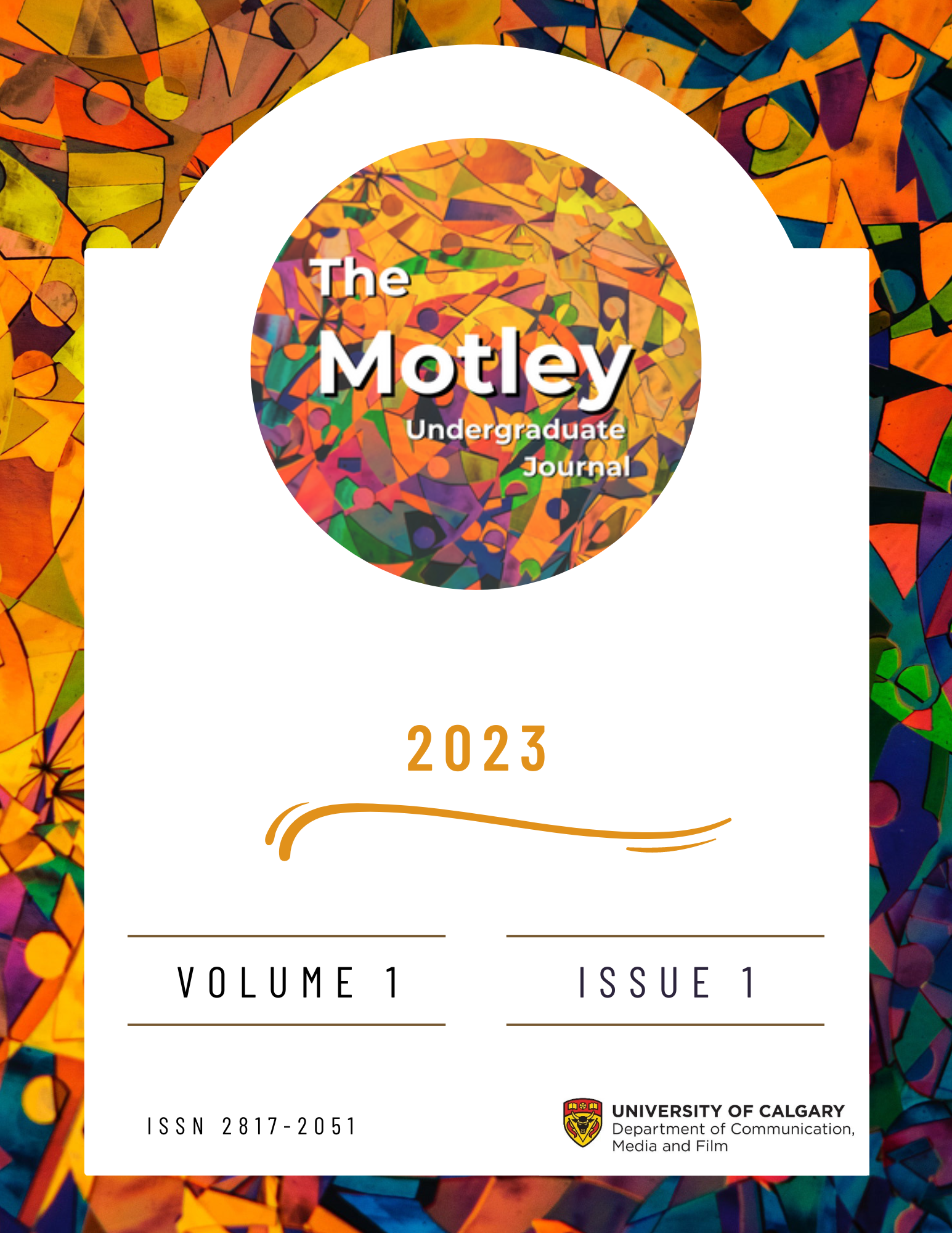Kidfluencers and conundrums
The rising need for Internet policy that addresses child labour and safety
DOI:
https://doi.org/10.55016/ojs/muj.v1i1.76422Keywords:
Canadian Internet policy, influencing, child labour, content regulation, digital policyAbstract
As the internet rapidly evolves and its wide influence expands, the Canadian government (as well as many other nations) have struggled to create and enforce policies that protect people online. This has become especially problematic as digital spaces used by children are constantly growing, and even more so as these children become active participants in not only the consumption but also the creation of internet content, leaving them vulnerable to privacy breaches and labour exploitation. Child Internet stars, or kidfluencers, are a vulnerable group that has relatively no legislative protection. Although the United States has laws to protect child actors from financial exploitation, these laws do not address other forms of abuse or the privacy of these children, and no laws exist in Canada or the United States to protect online child performers from the exploitation of their private lives and labour (Geider 2021 pg. 29). Instead, the responsibility falls to parents to ensure their kids are safe and protected when producing content online, but when the abuse stems from the family, no one is there to protect children from their parents. In the absence of concrete regulation, the onus falls on the platforms themselves to regulate and remove content that exploits children; however, content regulation has its own drawbacks. The Canadian government has the opportunity to act as an international legislative leader by putting forth legislation that requires platforms to cooperate with a national child digital welfare service to ensure fair treatment and compensation for this new generation of internet stars. This paper outlines various issues in regulating child based content as well as suggests possible policy solutions.
References
Abidin, C. (2017). #familygoals: Family influencers, calibrated amateurism, and justifying young digital labor. Social Media + Society, 3(2), 1-15. https://doi.org/10.1177/2056305117707191
Geider, J. (2021). How to (not) exploit your internet child star: unregulated child labor on YouTube, Instagram and Social Media, Law School Student Scholarship, 1150, 1-30.
https://scholarship.shu.edu/cgi/viewcontent.cgi?article=2149&context=student_scholarsh ip
Maheshwari, S. (2019, March 1). Online and making thousands, at age 4: Meet the kidfluencers, The New York Times. https://www.nytimes.com/2019/03/01/business/media/social-media-influencers-kids.html
Neate, R. (2020, December 18). Ryan Kaji, 9, earns $29.5m as this year's highest-paid YouTuber. The Guardian. https://www.theguardian.com/technology/2020/dec/18/ryan-kaji-9-earns-30m-as-this-years-highest-paid-youtuber.
Nottingham, E. (2019). Dad! cut that part out!: Children’s rights to privacy in the age of ‘generation tagged’: Sharenting, digital kidnapping and the child micro-celebrity. In Murray J., Swadener, B., & Smith, K (Eds.), The Routledge International Handbook of Young Children’s Rights (1st ed., pp. 183-191). Routledge. https://doi.org/10.4324/9780367142025-16
Sisley, G. (2020, April 19). Family YouTube channels are a new kind of unregulated child abuse. Medium. https://medium.com/fearless-she-wrote/family-youtube-channels-are-a-new-kind-of-unregulated-child-abuse-177e5fa7186a
Wong, J.C. (2019, April 24). 'It's not play if you're making money': how Instagram and YouTube disrupted child labor laws. The Guardian. https://www.theguardian.com/media/2019/apr/24/its-not-play-if-youre-making-money-how-instagram-and-youtube-disrupted-child-labor-laws
Downloads
Published
How to Cite
Issue
Section
License
Copyright (c) 2023 Melissa Morris

This work is licensed under a Creative Commons Attribution-ShareAlike 4.0 International License.
Copyright Policy
The Motley Undergraduate Journal is an Open Access article distributed under the terms of the Creative Commons Attribution 4.0 Share-Alike License. Under this license, users are free to share (copy, distribute and transmit) and remix (adapt) the contribution, including for commercial purposes, providing that the original work is properly cited. Under Creative Commons, authors retain copyright in their articles.
Author Self Archiving Policy
Authors are permitted to post their work online in institutional/disciplinary repositories or on their own websites. Pre-print versions posted online should include a citation and link to the final published version in The Motley Undergraduate Journal as soon as the issue is available; post-print versions (including the final publisher's PDF) should include a citation and link to the journal's website.

